Writing Antagonists (aka My Own Personal Circle of Hell)
Tales from my Keyboard
Before I dive into my personal struggles with writing antagonists, I want to gush about character development. There’s something so satisfying about creating a whole being and getting inside their head and then seeing where their story ends. People—my editors, readers, and critics—have even told me how well I develop my characters, and it’s become a point a pride for me. But with that comes a lot of pressure to make sure each story I write has realistic, relatable, and loveable characters…including the villains. And to be totally honest, I struggle with writing antagonists. A lot. It’s my least favorite part of writing and I’m not sure why.
It could be that it’s hard to get inside a villain’s head. It could be that I don’t have a mean bone in my body. Or it could simply be that I know the villain is going to be sacrificed so my protagonists can have their happily ever after and don’t want to get attached to them or worse, feel empathy toward them and their backstory. There’s also the anxiety of people transferring my antagonists’ sins to me.
So in short, there are plenty of reasons why writing the antagonists of my stories is the bane of existence. Not only do they torment my characters, but they torment me too.
Finding the motivation for the big bad that is also deep and meaningful is like pulling teeth. The thing that, in my opinion, makes a good villain is how realistic they are. This makes them especially terrifying, because if their motivation is something that we could identify with or almost make an excuse for, as though they were merely a misunderstood vigilante, then are they really a villain at all or just misunderstood? A common line or theme I’ve noticed across my writing is that perspective matters. Give a villain an understandable motivation and twist the story around so that we see it through their eyes, and suddenly, maybe they’re no longer the antagonist but rather the hero. Scary, right? The evil sorceress from my young adult epic fantasy trilogy, the Heirs of Tenebris, could’ve been a hero, wanting to protect her people and culture from their plight and raise them above their struggle in a bid to ultimately save Corvus…
…except that’s not what happened. As more history and memories come to light in the trilogy, we learn that the sorceress was a mass murderer who also turned on her own people in a bid to amass personal power under the guide of “saving” her country and asserting its autonomy.
Layer atop the matter of perspective and how even an antagonist could be a hero if we flipped the narrative around a bit, there’s the fact that my first thoughts aren’t about their villainous intentions. It’s usually more about what the character is feeling, what’s happening in the scene that they’re feeling that way, and ‘oh right, less empathy and psychoanalysis and more give them motivation.’ Once I get in that mindset, the evil actions come easily…but coming back from it is hard. There’s this weird thing that happens when I’m diving deep into the psyche of my “big bad” characters because it’s like I have to suspend my inhibitions, forget the worry about ‘oh what will people think?!’ and just write the damn villainy. And then I have to walk out into the real world and separate myself from the villain. It’s kind of like method acting, except…at my keyboard, in the safety and privacy of my current writing space. So basically, it’s (psychological) method writing. (Can that be a thing? Is that a thing?)
And then there’s that fear that people will suspect me of condoning or sharing the villain’s actions and beliefs. I don’t want to throw any shade, but let’s be real: reading comprehension and understanding the separation between reality from fiction (or the author from their work of fiction), isn’t what it used to be. I don’t spend too much time online, but I have seen the discourse online and all the “death of the author” or “they wrote it and haven’t explicitly stated they’re [socially acceptable stance here], so they must condone/believe it too!” sorts of posts. I hate to break it y’all, but I’m just writing stories. I don’t plan my novels out, so I don’t really know what will happen in them until it does. And then I edit, revise, and rely on my editors and advanced readers to question things, point things out, and raise potential red flags I missed during my hundreds or read-throughs. But when it comes to my villains, my incredible developmental editor Ashley has often recommended I dive deeper into their characters and flesh them out more.
So maybe I have an allergy to writing antagonists, but one thing’s for certain: it definitely takes the right headspace, the self-forgiveness, and a sort of ignorance to write them. Or at least that seems to be the formula that works for me. In the end, antagonists are just another character, and they need to be treated like they could be the hero of their story, because—oftentimes—in their minds, they are.
© 2025 Brianna R. Shaffery, Fiction Author. BRS Writes, L.L.C.

